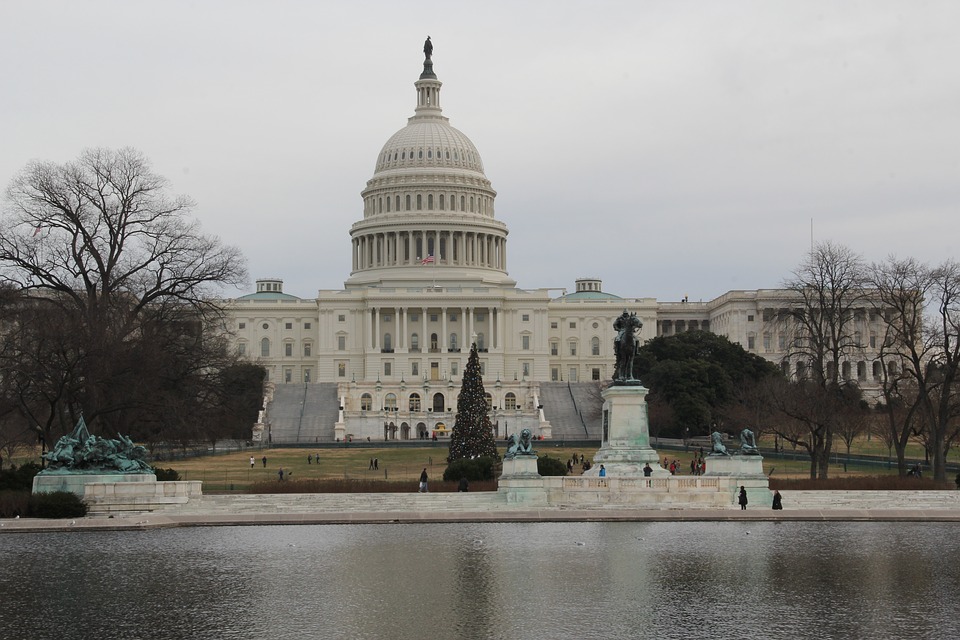On this special episode… we revisit how nonprofits can make their voice heard when there is a vacancy on the Supreme Court or any appointed judicial seat.
Our attorneys for this episode
Opening Thoughts
After the announcement that U.S. Supreme Court Justice Stephen Breyer will retire pending confirmation of his successor, groups are gearing up to influence President Biden’s nomination and the Senate confirmation vote. But before we talk about our advocacy and the rules of the game for advocacy in this area, we wanted to share the statement of AFJ President Rakim Brooks on Justice Breyer:
Justice Breyer has always been one of the most active members of the bench — drawing as many laughs as any justice in recent history. His jurisprudence, however, has had the quiet dignity of a justice who understood that the proper role of the Court is to defer to the people and their elected representatives to decide our democracy’s most important questions. Time and time again, he has stood up against the wealthy and powerful to protect the fundamental rights and legal protections of millions of Americans.
Read more from the AFJ statement
Shownotes
- Work supporting or opposing a judicial nomination like SCOTUS counts as lobbying.
- When does the meter start running for 501(c)(3) public charities?
- Types of lobbying
- Do nonprofits have to worry about the rules around elections?
- AFJ and AFJ Action’s advocacy
Resources
- Our new home for all of our resources on advocacy for judicial nominations
- President Biden’s Potential Supreme Court Shortlist (AFJ)
- Election Checklist for 501(c)(3) Public Charities: Ensuring Election Year Advocacy Efforts Remain Nonpartisan
- Accountability Advocacy for 501(c)(3)s
Bolder Advocacy’s TA hotline: 866-NP-LOBBY
Email us at advocacy@afj.org
Our website is bolderadvocacy.org














 for best tour, best cycling location, and much more? Happy new year and see you in 2022!
for best tour, best cycling location, and much more? Happy new year and see you in 2022!





